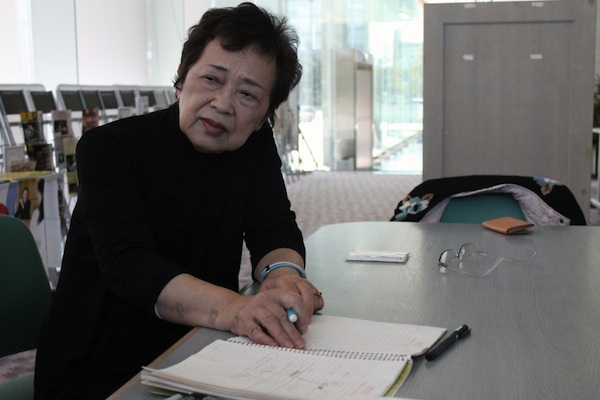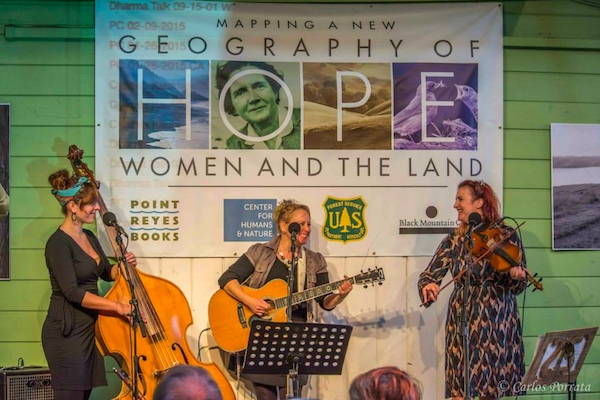Alexievich has consistently chronicled that which has been intentionally forgotten: the Soviet war in Afghanistan, Chernobyl, the post-Soviet nineteen-nineties. Svetlana Alexievich’s book “Voices from Chernobyl: The Oral History of a Nuclear Disaster” begins with a woman’s account of watching her husband, a firefighter, physically disintegrating in a hospital bed in the days following the April, 1986, nuclear-plant explosion. “It’s as good as Shakespeare,” she said of the quality of the woman’s words when I asked her about that part of the book, years ago. “But do you know how long it took to get her to produce those two pages of text?” The first hours—and subsequent hours and hours—of an interview, Alexievich explained, are always taken up by the rehearsing of received memories: newspaper accounts, other people’s stories, and whatever else corresponds to a public narrative that has inevitably already taken hold. Only beneath all those layers is personal memory found. The Swedish Academy, which announced today that Alexievich will receive the Nobel Prize for Literature, cited the writer for inventing “a new kind of literary genre.” The permanent secretary of the Academy, Sara Danius, described Alexievich’s work as “a history of emotions—a history of the soul, if you wish.” […]
Continue reading... →The Geography Of Hope Conference is an exceptional biennial literary festival, held every other year in the northern California coastal village of Point Reyes Station, California, is a gathering featuring writers, artists and activists who use their craft to convey the urgency of environmental issues facing the world today. This year’s theme is titled “Women And The Land.”
Continue reading... →

